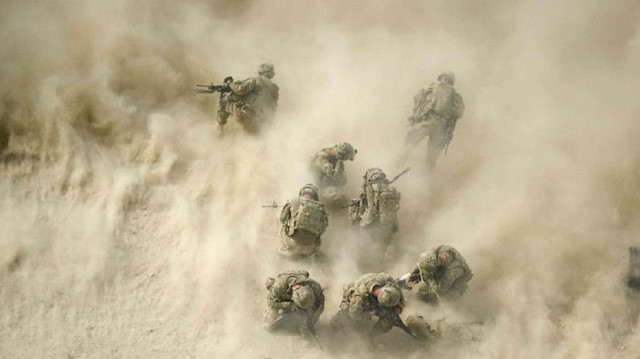
DIRECT NEGOTIATION
Ghani met Khalilzad and will "study and assess" details of the draft, spokesman Sediq Sediqqi told reporters earlier on Monday. "But for us, a meaningful peace or a path to a meaningful peace is the end of violence and direct negotiation with the Taliban," he said.
Many Afghan government officials have resented the exclusion of the government from the U.S.-Taliban talks, an issue that was underlined when Ghani was not allowed to keep a text of the draft agreement after it was shown to him.
Several details of the agreement remain to be clarified, including the status to be accorded to the Taliban, which the draft recognises under their preferred title as the Islamic Emirate of Afghanistan. Some Afghan officials object to that as they see it according the insurgents an equivalent status to the country's internationally recognised government.
At the same time, presidential elections, scheduled for Sept. 28 in which Ghani is seeking re-election to a second five-year term, were not covered in the agreement, Khalilzad said. The Taliban have consistently rejected the elections.
Khalilzad, who has completed nine rounds of talks with Taliban representatives, is scheduled to hold meetings with a number of Afghan leaders in Kabul this week to build a consensus before the deal is signed.
The peace talks have taken place against a backdrop of relentless violence, even before Monday's blast in Kabul, with the Taliban mounting two large-scale attacks on the major northern cities of Kunduz and Pul-e Khumri at the weekend.
Afghan security forces pushed back Taliban fighters from both cities, but a suicide bomber detonated his explosives on Monday in Kunduz, killing at least six policemen and wounding 15, officials and the Taliban said.
Trump has made little secret of his desire to bring the 14,000 U.S. troops home from Afghanistan, where American troops have been deployed since a U.S.-led campaign overthrew the Taliban in 2001.
But there are concerns among Afghan officials and U.S. national security aides about a U.S. withdrawal, with fears Afghanistan could be plunged into a new civil war that could herald a return of Taliban rule and allow international militants, including Islamic State, to find a refuge.


